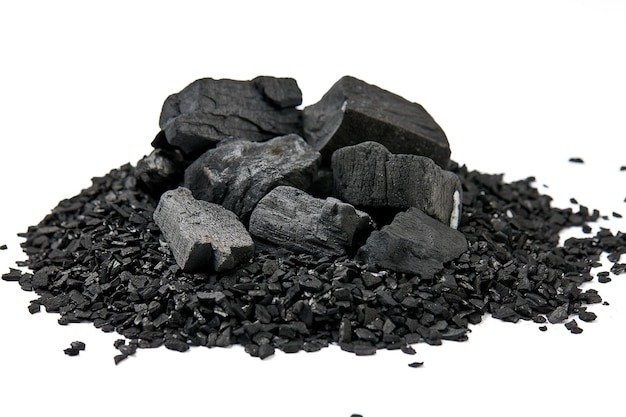Industrial facilities often face the dual challenge of managing odours and ensuring compliance with air quality regulations. Whether you’re operating in waste management, manufacturing, or chemical processing, the release of volatile organic compounds (VOCs) and other pollutants can lead to complaints, regulatory scrutiny, and environmental harm.
One of the most efficient and widely adopted solutions for capturing these emissions is the industrial activated carbon filter.
This filtration method offers a powerful and low-maintenance approach to air purification, making it a popular choice for businesses aiming to improve air quality and reduce environmental impact.
What Is an Industrial Activated Carbon Filter?
An activated carbon filter works by drawing contaminated air through a bed of porous carbon granules. These granules have a massive surface area packed with microscopic pores, which adsorb gases and odorous compounds as air passes through.
The process is highly effective at trapping a broad range of airborne pollutants, including VOCs, hydrogen sulphide, ammonia, and a variety of industrial solvents.
Industrial versions of these filters are designed for high-volume airflows and more demanding applications, delivering reliable performance in tough environments.

Why Use Activated Carbon for Emission Control?
The versatility of activated carbon makes it particularly valuable in industrial settings. Unlike some other filtration systems that target only specific substances, carbon filters can tackle a wide range of odorous and harmful compounds in a single pass.
This makes them especially useful in applications where emissions vary or include mixed contaminants.
They also offer a modular design that allows for easy scalability as operational demands grow. Spent carbon can often be reactivated or safely replaced without significant disruption, keeping downtime to a minimum.
Combined with their long service life, these features contribute to strong return on investment and operational continuity.
Additionally, the filters operate quietly, require no water or chemicals, and have relatively low energy demands—providing a sustainable solution that fits seamlessly into existing operations.
Ideal for a Range of Industries
An industrial activated carbon filter is suitable for multiple sectors, including:
- Waste management and recycling facilities
- Pharmaceutical and chemical production
- Food and beverage manufacturing
- Paint and coatings industries
- Water treatment and sewage plants
These environments often produce complex emissions that require a robust and adaptable solution. Activated carbon filters deliver high removal efficiency while remaining simple to maintain and cost-effective over the long term.

Custom Solutions from the Experts
To get the most out of your carbon filtration system, it’s essential to choose the right size, configuration, and carbon grade for your specific needs. This is where expert support makes all the difference.
Exeon offers tailored industrial activated carbon filter systems designed to meet the unique requirements of each site. Their engineering team can carry out site assessments, design bespoke systems, and ensure seamless installation and integration.
Final Thoughts
When it comes to managing industrial air emissions, reliability and efficiency are key. An industrial activated carbon filter offers a proven, flexible, and environmentally responsible way to meet regulatory demands, reduce odour complaints, and protect the health of workers and nearby communities.
With expert design and support from providers like Exeon, implementing an effective carbon filtration system has never been easier.

